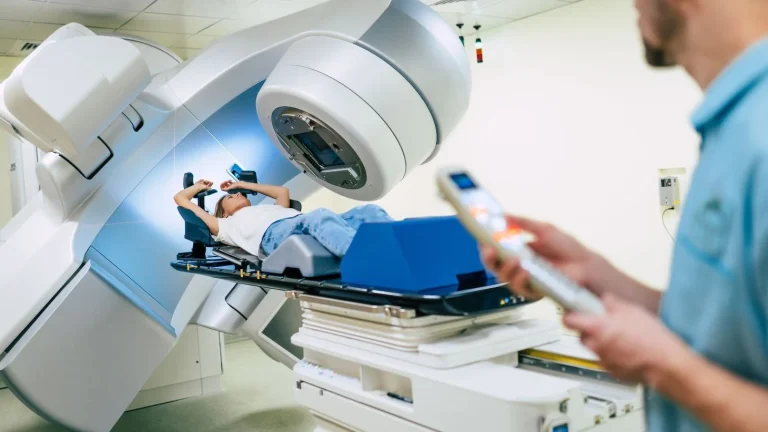The Federal Government says that the proposed National Cancer Registry aimed at aiding the centralising cancer data in Nigeria is ninety per cent complete and will be ready in six months.
The Director-General of, the National Institute for Cancer Research and Treatment (NICRAT), Prof. Usman Aliyu, disclosed this on Tuesday in Abuja, during a national workshop on Population-Based Cancer Registration.
The workshop was organised by NICRAT, the African Cancer Registry Network (ACRN) and the International Agency for Research on Cancer (IARC).
According to Aliyu, the Federal Government is desirous of establishing an updated, standardised cancer registry.
“This is so that any time there is need for information regarding cancer incidence, prevalence, morbidity and mortality; it will just be a click away.
“We are going to have a decentralised cancer registry in NICRAT like a kind of a dashboard, where on real time basis you can be having all information.
“If there is any increment in the incidence or mobility, morbidity and mortality, it will appear there.
“So the platform for the cancer registry is almost 90 per cent completed, so we are looking at within the span of five to six months to complete all the processes.”
Aliyu also said that what was obtainable presently was a mix of key populations, but because of the large population of Nigerians, a more population-based cancer registry was more appropriate which the agency was working on.
The Coordinator, of ACRN, Dr Maxwell Parkin, said that having cancer registries in Africa was important because they would give all the information needed on what’s going on in the cancer space on the continent.
According to him, in Africa, the network of cancer registries only consists of about 35 registers in 22 countries.
“So it’s only about half the countries in Africa that have functioning cancer registry.
“Here in Nigeria, there are about four or five cancer registers that are members of our network, but there are many more registries.
“The idea now is that NICRAT is going to work with us to improve the situation, strengthen and increase the number of cancer registries in Nigeria.”
He, however, said that there were many things to be done to build a network of registers in Nigeria for many years.
Parkin also said that the government’s involvement was very important because the registers are there to help understand the nature of cancer problems, the priorities and what needed to be done.
Speaking about registry regulations, he said that not many countries in Africa have regulations at the moment, adding that it was becoming essential now to have proper regulation for cancer registration.
“To say that we should treat it like other infectious diseases, where people have a duty and the regulations require them to notify cancer cases to the cancer registry.
“So at the moment that only occurs in two other countries, South Africa and Rwanda, and Nigeria is going to be the third country in Africa to have such a regulation in place.”
The Director, of Cancer Registry, University of Nigeria Teaching Hospital (UNTH), Prof. Emmanuel Ezeome said that the workshop was already addressing the challenge of training for key personnel that carry out the data collection.
According to him, without it, there will not be reliable data.
He also said that within the registries there were funding issues, which the different hosting institutions needed to address.
“Meetings like this help us to brainstorm on how the individual registrars can support themselves to the activities through their research, but especially research through the engagement with companies that have stake in cancer management.
“So when they do that, then we know how to sustain the registries in different centres and then how they can now get us reliable data.
“The other issue is that without a reliable census in this country it will be difficult to calculate the rate of cancer in the country.
“So, we are using this opportunity to also plead with the government that it’s high time the national census is conducted.”
Ezeome said that whatever was being done in the different cancer registries, with a census the country would be able to have a baseline to use in calculating incidences and mortality rates.
He added that the cancer register would also help in different things that were relevant in cancer control and planning.
NAN


